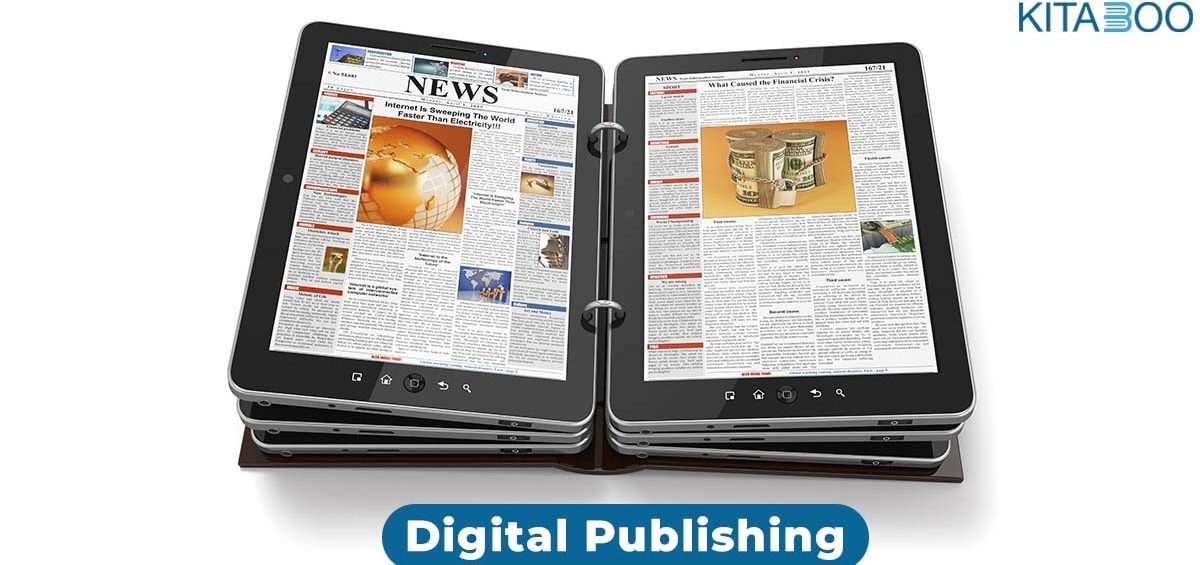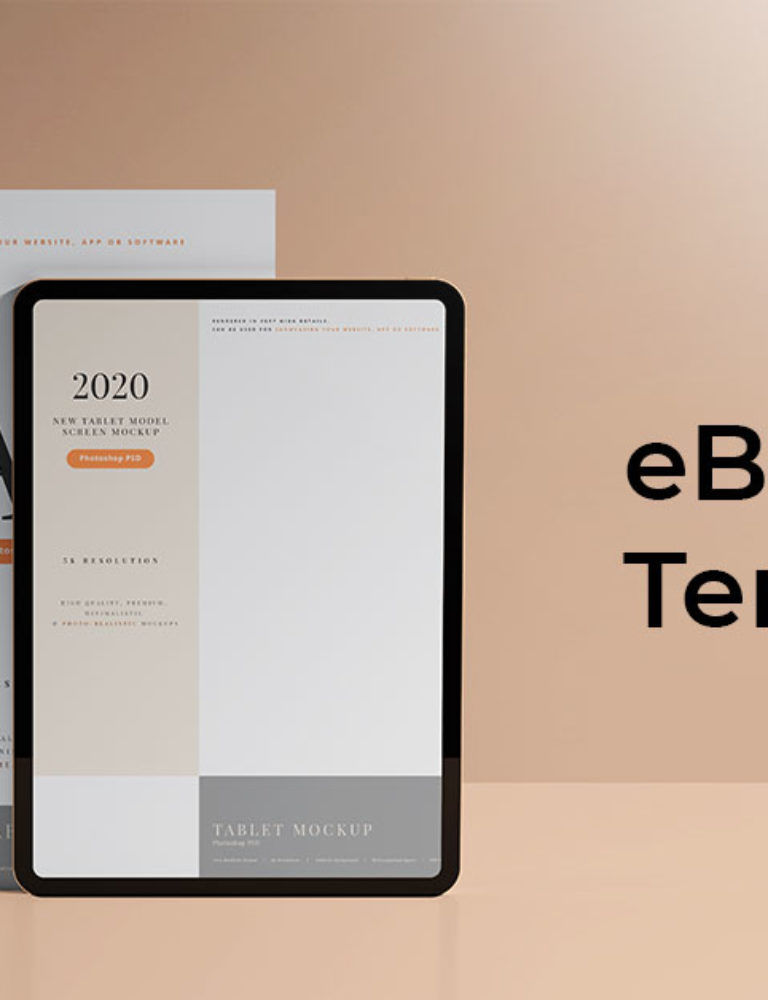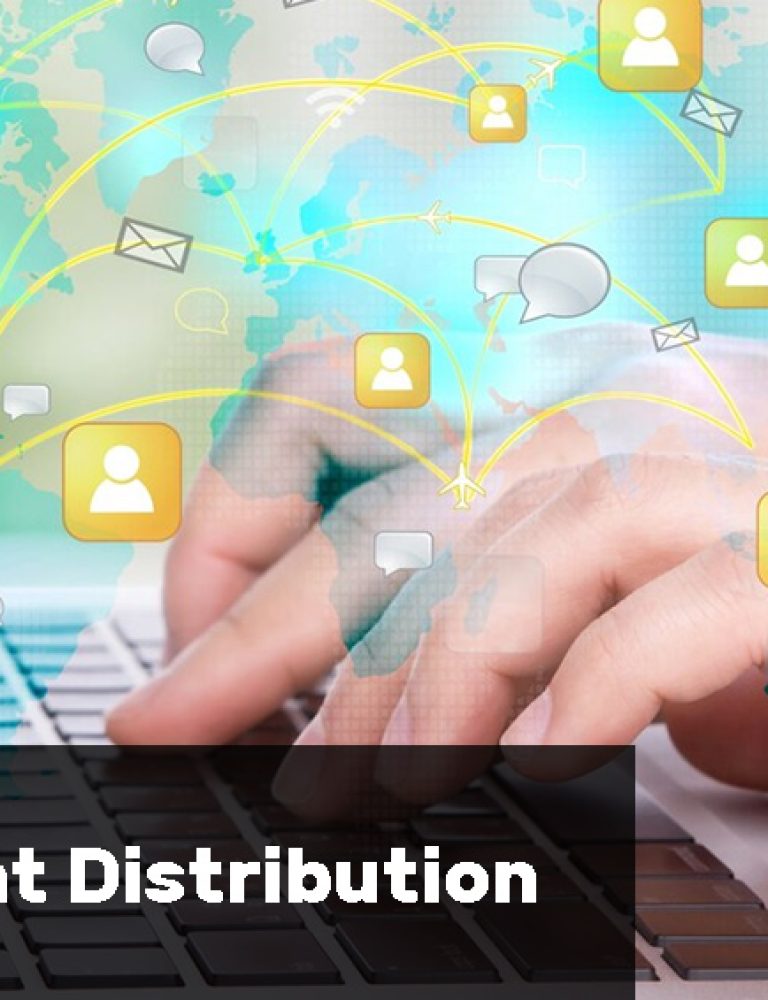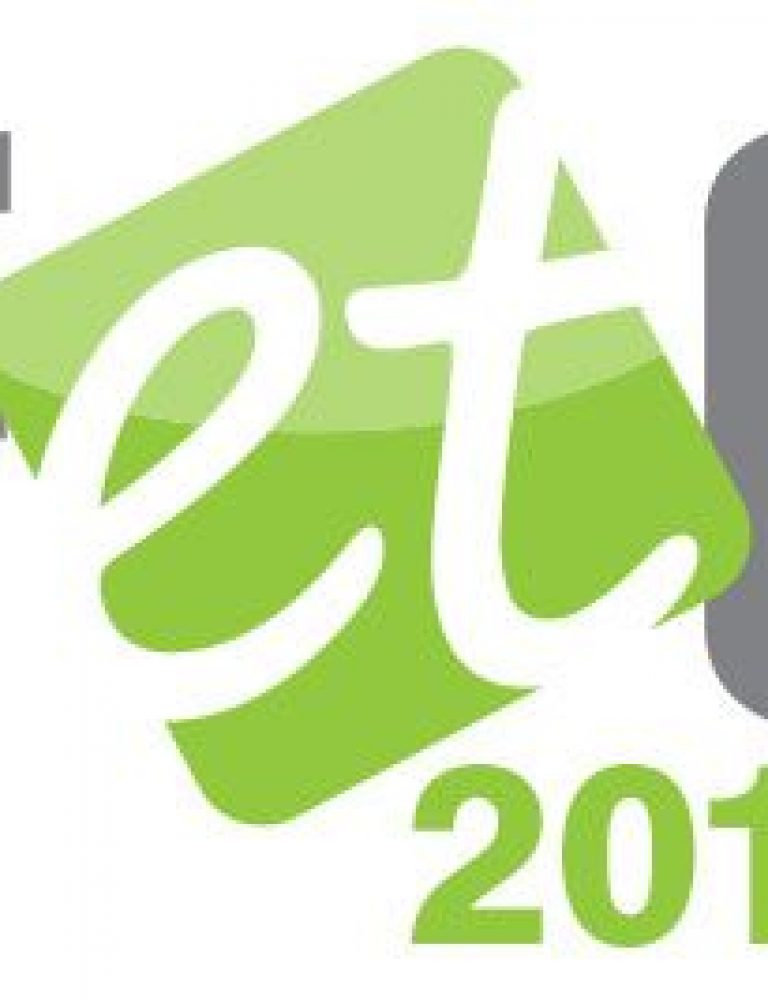The digital age has taken the publishing industry by storm. Digital publishing or online publishing is the process of sharing media content virtually.
Instead of going down the conventional route of sharing information on paper, digital publishing uses technology. Digital content is accessible on computers, laptops, mobiles, tablets, and other smart devices.
When we talk about digital publishing, we only think of digital book publishing and e-newspapers. However, the digital content domain is ever widening: it not only includes books and magazines but pictures, videos, audio, games, podcasts, mobile applications, and other media forms.
With digital publishing, all the print content can be digitized and published online, and the audience can access, download and share it from different devices.
Why Should You Opt for Digital Publishing?
Publishers have recognized the advantages of transitioning to digital publishing. Technological advancements and the internet made it possible for people to connect and get the latest information and news instantaneously. There are several perks of digital publishing. Let’s take a look:
- Better Engagement
Publishers want to retain their audience for as long as possible. However, with mindless scrolling and surfing the internet, the audience hardly finishes reading or listening to what they begin. This is especially true when the content is not engaging, full of fluff, or unreadable.
Digital publishing aims to streamline content, cater to the right audience, use CTAs and keywords to reach a more appropriate audience, and make engaging content that will enhance the consumer experience. This is done by incorporating videos, infographics, and GIFs.
- Appeal to a Wider Audience
Publishers want their content to reach the maximum number of people. Print media can only capture a certain number of audiences, but with digital publishing, the content can instantly cater to billions of people across the world.
The only factor influencing the reach of the content is its engagement quotient. The more engaging the content, the more it will be shared.
Viral videos and reels are a common phenomenon in today’s age. Additionally, digital content is accessible at all times from all places.
- Enhanced Accessibility
Print media can only reach certain strata of audience. Not everyone has the privilege of being able to read the content. Digital publishing makes content more accessible to everyone by adding videos, audio, infographics, and other features.
With traditional print media, people who cannot hear, see, or speak might be excluded as the audience. Digital publishing is thus inclusive and accessible to a larger audience.
- Better ROI
Traditional print media is more expensive at any given time. Creating content requires resources, but publishing and sharing digital content is economical and efficient.
Traditional print media costs thousands of bucks in the printing and binding process. Since print media has to physically reach the consumers, it also involves logistic expenses. Thus, the publication and shipping costs of print media can be enormous, which results in increased costs for the consumer.
However, digital publishing does away with any physical copy of the content. Hence, it saves money on these fronts.
Additionally, with print media, error correction is expensive and troublesome. But, with digital publications, you can fix typos or other errors and keep updating the content without disturbing the audience’s engagement.
This allows publishers to cut down on investments. So, publishers can provide the same content at reduced fees while enjoying increased ROI.
Print vs. Digital Media
Businesses are recognizing the potential of digital publishing. Hence, they are branching into digital content like mobile apps, blogs, games, and others. However, it is not a tussle between the two media. A publisher must use both print and digital publishing to get the best of both worlds.
Some consumers prefer paperbacks over digital content. At the same time, the publisher can make a digital book, and enhance the engagement of content, by making it interactive using practice questions, videos, FAQs, quizzes, etc.
By making the content available in both formats, the publisher can cater to a larger group of target consumers and increase engagement while saving bucks on printing.
Digital content does not have physical copies. It needs a digital platform to be published. The audience can access the content through these online portals.
Digital publishing platforms are the tools that make your content ready for consumption, enhance exposure, push out the content to the target demographic, fine-tune user experience and elevate the content in general.
Digital Publishing Trends
Digital publishing strategies have evolved over the years in leaps and bounds. It is crucial to be on top of the trends to stay in the game and reach out to more people.
- Mobile-friendly Content
Today, people want news and solutions on the go. We no longer surf the web from our desktops but constantly reach out for our phones, where we type in our queries in search of information.
So, the content has to be such that it can easily fit into the small screens, is conveniently accessible from mobile devices, and is engaging.
It is also crucial to update the website so that consumers can easily navigate their way through their smartphones. Thus, digital content has to be flexible, accessible on mobile phones, easy to understand, and easy to navigate.
- Quality is Key
The digital age has made it easy to access data with a few clicks. The audience has grown smart and will not settle for subpar content. To get the optimum results, create engaging and informative content that caters to the audience’s needs.
Even if your content is SEO-friendly, you will lose the audience if it doesn’t bring something new to the table. Therefore, to build a loyal audience base, produce original content that adds value, is high-quality, and most importantly, is consistent.
- Leverage Audio-visual Modes
Consumers want knowledge but without reading through tiresome paragraphs. They want to get all the information, but they want it quickly. Hence, there is a transition from written content to the audio-visual mode in digital publishing.
Videos are more engaging and place faith in your brand. Audio content like podcasts and audiobooks is taking over conventional books.
Consumers are using smart home assistant devices like Alexa to ask questions. It is fundamentally changing the face of digital publishing. Similarly, the audience responds best to video content, from YouTube videos to TikTok.
How to Start on Your Digital Content Journey?
Digital publishing is the answer to marketing your brand and content. Let’s see how to get started on this journey:
- Digital publishing is booming, and every business is trying to push its content online for better visibility. It is creating a lot of clutter, and many brands get lost in the scrolling and surfing. So, brainstorm and look for pitches that stand out and can get you the exposure you need.
- Having a set of goals is necessary before you publish digital content. It will help you track the performance of the content you post, and accordingly, you can update them.
- You cannot ace the digital publishing game without considering the audience’s feedback. It is the audience you are catering to. Take their criticism to enhance content engagement.
- Digital publishing platforms can be expensive to use. So, set a budget for your publishing needs and customize your plans accordingly.
KITABOO is the best digital publishing platform to create, publish and share your digital content. It offers multiple enticing multimedia features to bring your digital content to life.
To start your digital content publication journey and build your digital content strategy based on the latest trends.
Contact our expert team now and get started!
Please write to us at KITABOO@hurix.com
Suggested Reads:
Discover How An Ebook Conversion, Publishing & Distribution Platform Can Help You
Kitaboo is a cloud-based content platform to create-publish & securely distribute interactive mobile-ready ebooks.
You May Also Like
-
Top 5 Sites for eBook Templates
Blog,Digital Publishing,eBook solution,Education Technology / January 29, 2024
-









